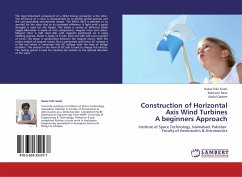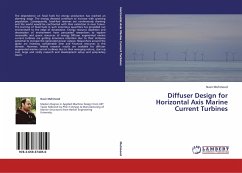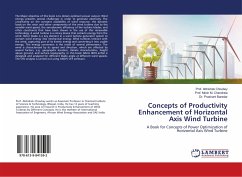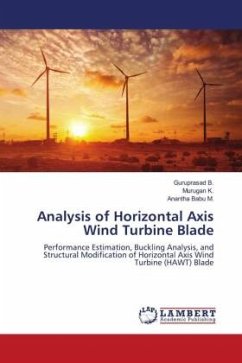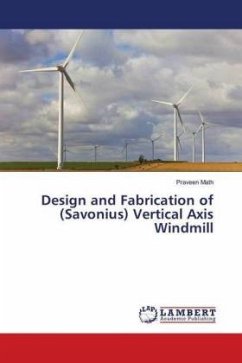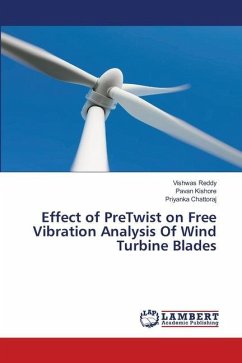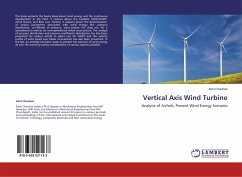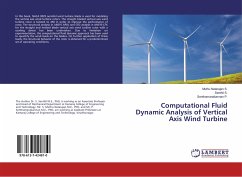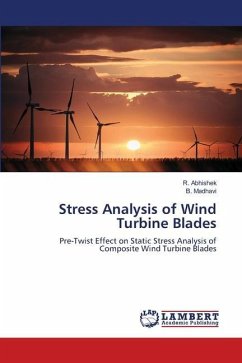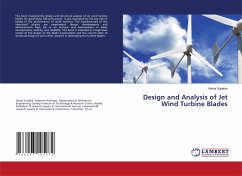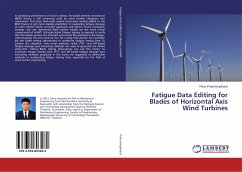
Fatigue Data Editing for Blades of Horizontal Axis Wind Turbines
Versandkostenfrei!
Versandfertig in 6-10 Tagen
34,99 €
inkl. MwSt.

PAYBACK Punkte
17 °P sammeln!
In predicting performance of wind turbines, the blade element momentum (BEM) theory is still commonly used by wind turbine designers and researchers. This book deals with several up-to-date models added to the BEM theory to get more realistic prediction. In evaluating fatigue damage of wind turbine blade, stress-life approach and Miner's linear cumulative damage rule are mentioned. Wind turbine blades are the most critical components of HAWT. Full-scale blade fatigue testing is required to verify that the blades possess the strength and service life specified in the design. Unfortunately, the ...
In predicting performance of wind turbines, the blade element momentum (BEM) theory is still commonly used by wind turbine designers and researchers. This book deals with several up-to-date models added to the BEM theory to get more realistic prediction. In evaluating fatigue damage of wind turbine blade, stress-life approach and Miner's linear cumulative damage rule are mentioned. Wind turbine blades are the most critical components of HAWT. Full-scale blade fatigue testing is required to verify that the blades possess the strength and service life specified in the design. Unfortunately, the test must be run for a long time period. This problem led the blade testing laboratories to accelerate fatigue testing time. To achieve the objective, two novel methods called STFT- and WT-based fatigue damage part extracting methods are used to generate the edited stress-time history. Blade testing laboratories can use this history to accelerate fatigue testing time. STFT- and WT-based fatigue damage part extracting methods proposed in this book are suggested as alternative methods in accelerating fatigue testing time, especially for the field of wind turbine engineering.



